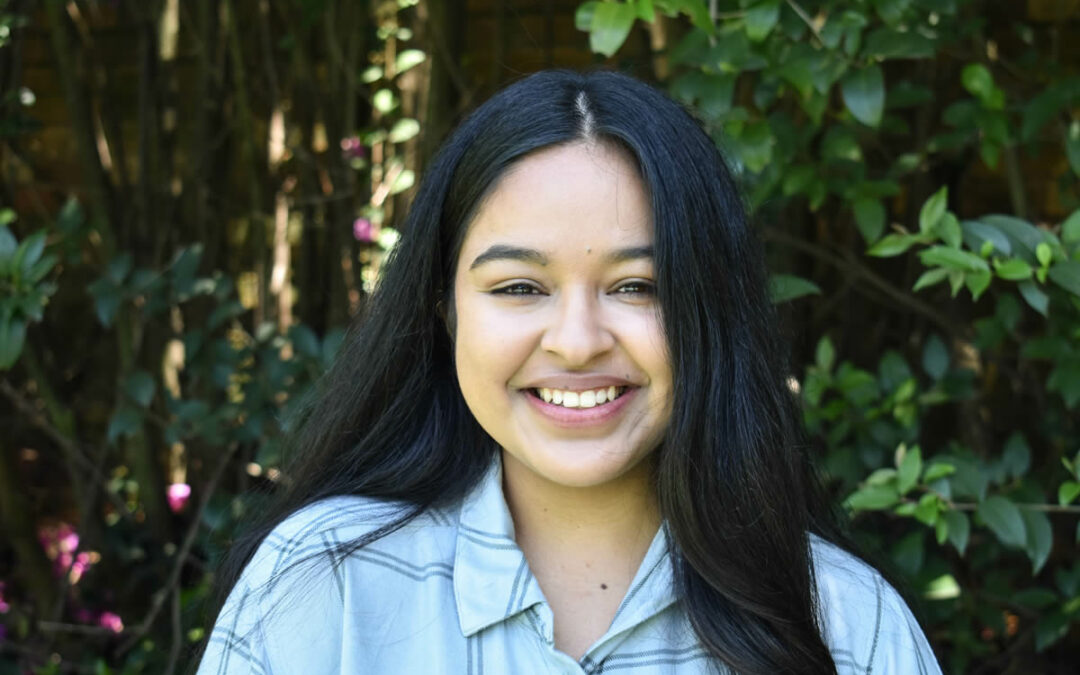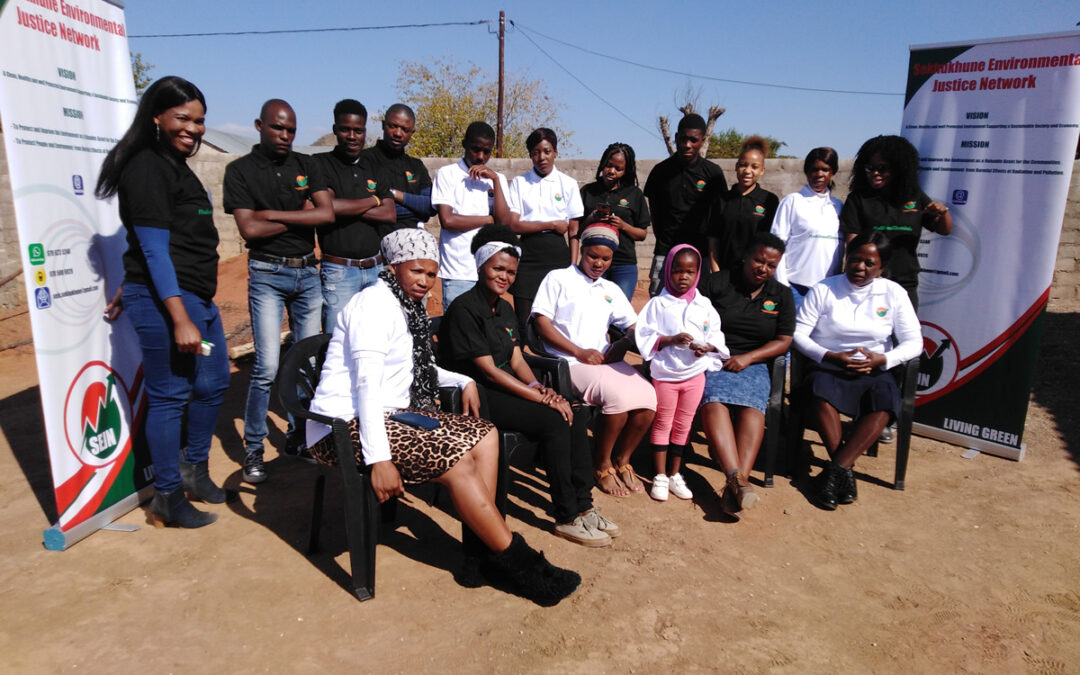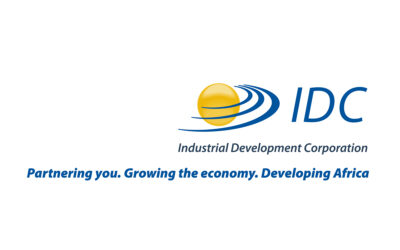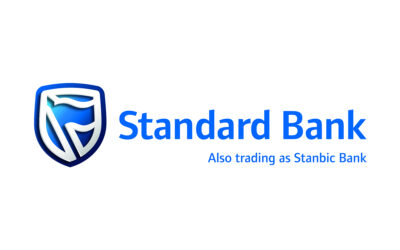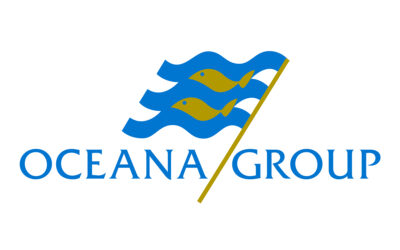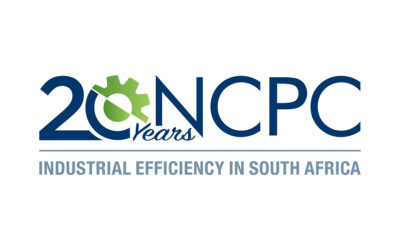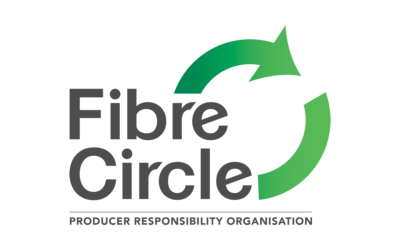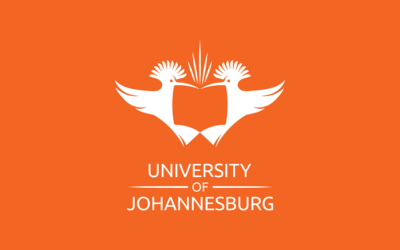“The Zero Waste School project is a pilot project brought to life by the Greater Tygerberg Partnership (GTP), a public-private partnership that has managed to uplift and regenerate the northern suburbs in Cape Town by introducing easy recycling into the area. It consists of a system of labelled recycling bins, an on-site recycling depot, ecobrick stations and a compositing pit.
The main priority for founder Warren Hewitt and his team is to maximise partnerships and innovation to bring about the healthy development of the Greater Tygerberg area, specifically the Bellville and Parow CBDs. They want to ensure the region reaches its full potential through economic development, sustainable land use and social integration by attracting investment and building up communities.
The pilot scheme for the Zero Waste School project was implemented at a prominent local school with 100 pupils taking part. Hewitt says that within the first three months of the programme, the school had diverted 60% of its waste from landfills, with savings of about R36 000 a year.
While the GTP has many projects, including a trolley recycling scheme and street store, schools remain an important part of the vision. Hewitt says that, while mind-sets are shifting towards more sustainable practices, cities, institutions, schools and businesses still aren’t doing enough to reduce waste and better manage their resources. By focusing on schools, they are tackling the problem of waste from the ground up.
“We are also developing a toolkit that helps educators build sustainability and waste/resource management into the school curriculum, and that actively engages learners and educators in the practices required to think differently about how much waste they produce daily,” says Hewitt.
This project is all about ensuring sustainability. For Hewitt and the GTP, sustainability means a great deal. Hewitt says that healthy cities are not only about economic prosperity, they also need to better manage their resources, reduce waste sent to landfills and create healthy urban environments where people can thrive.
“To achieve this,” Hewitt says, “everyone has a role to play, regardless of their status or background. As the GTP, we must identify opportunities to, first, educate urban populations about how it is possible to make a difference – even in their own homes or schools; and second, to lobby institutions and businesses to commit to a more sustainable way of working.”
The GTP uses education as a way to drive wide-scale systemic change. Hewitt says that simply telling a school to reduce their waste will be inadequate if they don’t have the systems or knowledge to support a shift in behaviour. “The GTP is in a unique position to be innovative and connect with their communities on these issues.””
“Everyone has a role to play, regardless of their status or background. As the Greater Tygerberg Partnership, we must identify opportunities to, first, educate urban populations about how it is possible to make a difference – even in their own homes or schools; and second, to lobby institutions and businesses to commit to a more sustainable way of working.”
GTP Project manager: Monique Muller
Project supporters and partners: City of Cape Town, DF Malan High School, Waste-Ed, Plant the Seed

